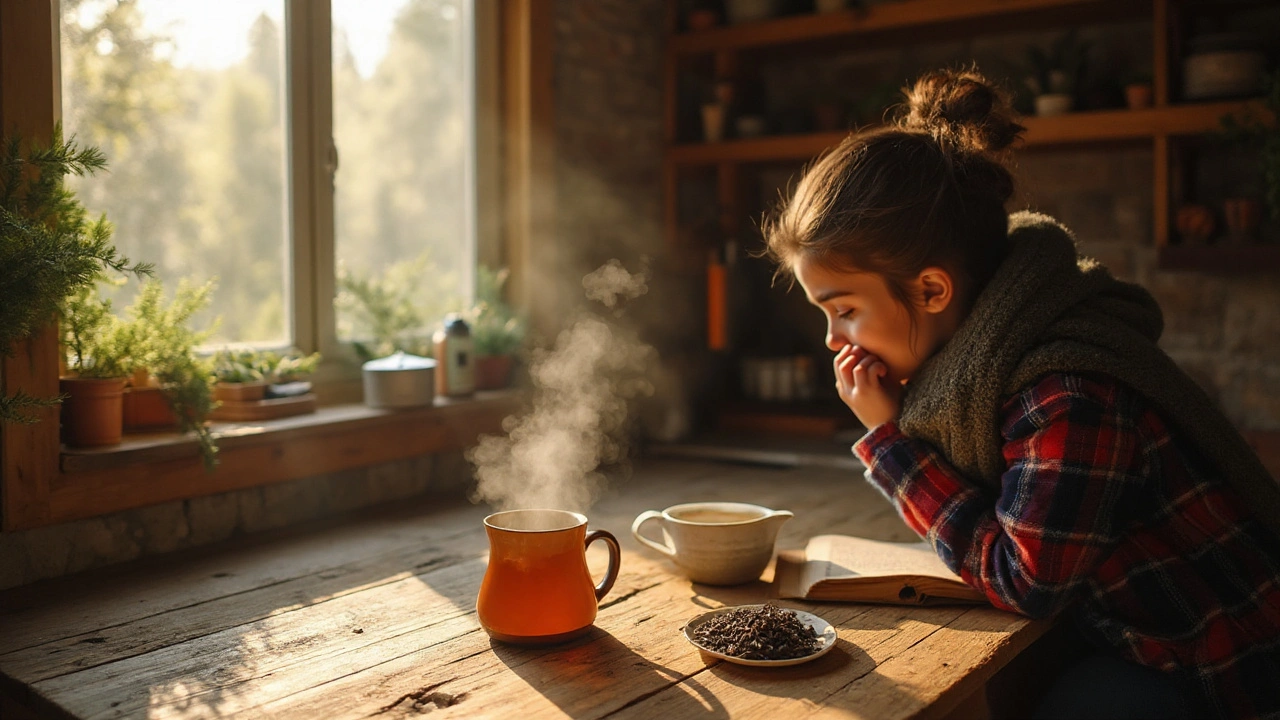Traditional Remedy: Natural Ways to Support Your Health
Ever wonder why grandma swears by certain foods or herbs? Those age‑old tricks are called traditional remedies. They’re simple, often cheap, and rooted in culture and experience. While modern medicine does wonders, many people still turn to these natural options for everyday aches, digestion, or immune support. This guide breaks down what traditional remedies are, gives real‑life examples, and shows how to use them safely.
Common Traditional Remedies You Can Find at Home
Look around your kitchen and pantry—you might already have a handful of effective healers. Cauliflower, for instance, isn’t just a side dish; its compound sulforaphane helps detox the liver and support gut health. Samphire (sea asparagus) offers salty minerals and antioxidants that can boost hydration and skin health. Maca root, a Peruvian tuber, is popular for energy and hormone balance. Even the humble malabar nut, known in Ayurvedic circles, can aid breathing and immunity.
Aromatherapy also fits the traditional remedy umbrella. Essential oils like eucalyptus or peppermint, when inhaled safely, can ease lung inflammation and reduce coughing. A simple steam inhalation with a few drops can clear airways without prescription meds. These practices have been passed down for generations and align with modern research on airway soothing.
How to Use Traditional Remedies Safely
Natural doesn’t always mean risk‑free. Start small—add a cup of steamed cauliflower to your meals a few times a week and see how you feel. If you try samphire, wash it well and limit portions because its high sodium can affect blood pressure. For supplements like maca or malabar nut, follow recommended dosages on the label and check for any allergies.
When using essential oils, always dilute them with a carrier oil or water. Never apply undiluted oil directly to skin, and avoid internal use unless a qualified practitioner says it’s okay. If you have a chronic condition, talk to a healthcare professional before swapping a prescription for a home remedy. The goal is to complement, not replace, proven treatments.
Another tip: keep a simple log. Note what you took, how much, and any changes you notice. This helps you spot what actually works and prevents overuse. Traditional remedies shine most when they’re part of a balanced diet, regular exercise, and good sleep.
In short, traditional remedies can be a practical, affordable layer of health support. From everyday vegetables to fragrant oils, they offer ways to feel better without a pharmacy trip. Use them thoughtfully, respect dosage, and enjoy the blend of old wisdom and modern insight.

Marsh Tea Benefits: Unlocking the Secrets of Labrador Tea for Wellness
Curious about marsh tea? Get the scoop on this ancient supplement, known as Labrador tea, and find out how it could boost your health in surprising ways.
Read More- August 8, 2025
- Neil Hirsch
- 18 Comments